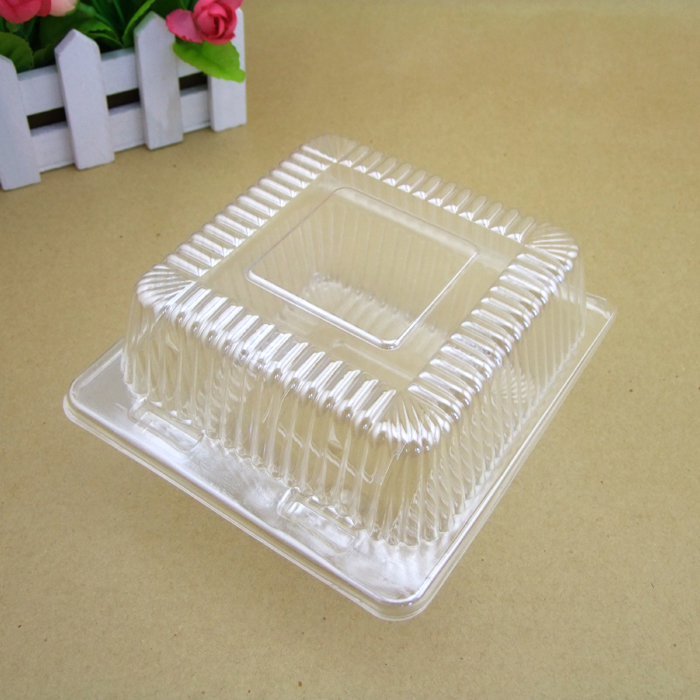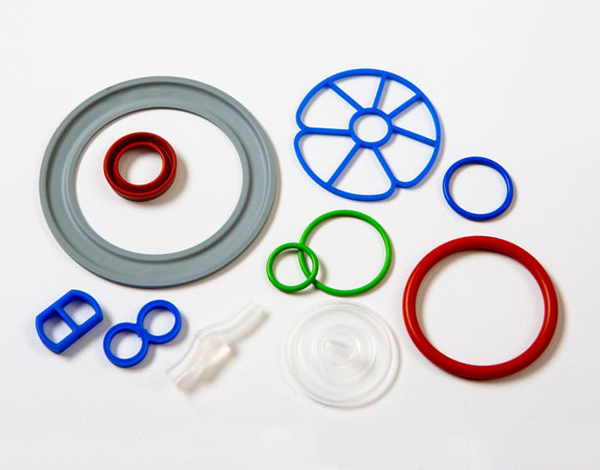Polyvinyl chloride (PVC) has emerged as a game-changer in the food industry, revolutionizing the way food is processed, packaged, and preserved. With its exceptional properties and versatility, PVC offers numerous advantages that enhance food safety, extend shelf life, and streamline production processes. In this article, we delve into the multifaceted advantages of PVC in the food industry, shedding light on its pivotal role in ensuring the delivery of high-quality and safe food products.
- Unmatched Barrier Protection:
PVC boasts exceptional barrier properties, effectively safeguarding food products from external contaminants, moisture, and oxygen. Its impermeability prevents the entry of microorganisms, ensuring food safety and reducing the risk of spoilage. By maintaining a controlled environment, PVC packaging prolongs the shelf life of perishable goods, reducing food waste and enhancing sustainability. - Versatility in Packaging:
PVC's versatility shines through in its ability to adapt to various packaging formats. From rigid containers to flexible films, PVC offers a wide range of packaging options suitable for different food products. Its flexibility allows for easy customization, enabling manufacturers to create packaging solutions that meet specific requirements, such as portion control, convenience, and product visibility. - Enhanced Food Preservation:
The exceptional thermal stability of PVC makes it an ideal choice for food preservation. PVC films can withstand high temperatures during pasteurization and sterilization processes, ensuring the elimination of harmful bacteria while preserving the nutritional value and sensory attributes of the food. This advantage is particularly crucial for products that require extended shelf life, such as canned goods and ready-to-eat meals. - Cost-Effectiveness and Efficiency:
PVC's cost-effectiveness is a significant advantage for the food industry. Its availability, affordability, and ease of processing make it a preferred choice for manufacturers. PVC packaging materials are lightweight, reducing transportation costs and energy consumption. Additionally, PVC's compatibility with high-speed packaging machinery enhances production efficiency, allowing for increased output and reduced downtime. - Compliance with Food Safety Regulations:
PVC materials used in the food industry comply with stringent food safety regulations and standards. They are extensively tested for their suitability and compatibility with different food types, ensuring that they do not leach harmful substances into the food. PVC's long-standing track record in food packaging, coupled with continuous research and development, guarantees its adherence to the highest safety standards.
Conclusion:
PVC's advantages in the food industry are undeniable. Its barrier protection, versatility in packaging, food preservation capabilities, cost-effectiveness, and compliance with food safety regulations make it an indispensable material for food manufacturers. As the industry continues to evolve, PVC remains at the forefront, driving innovation and ensuring the delivery of safe and high-quality food products to consumers worldwide.


